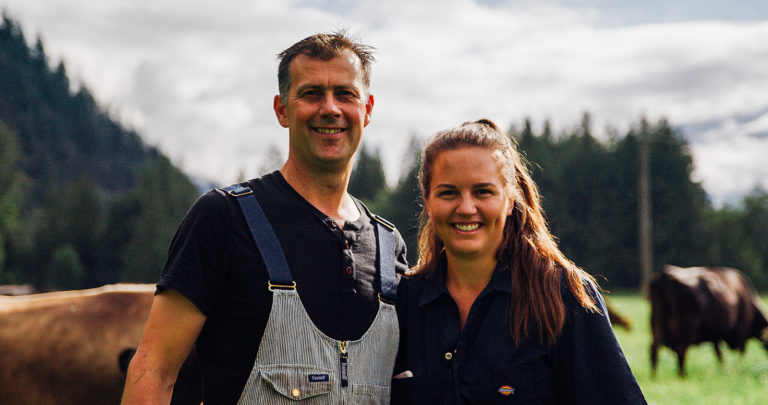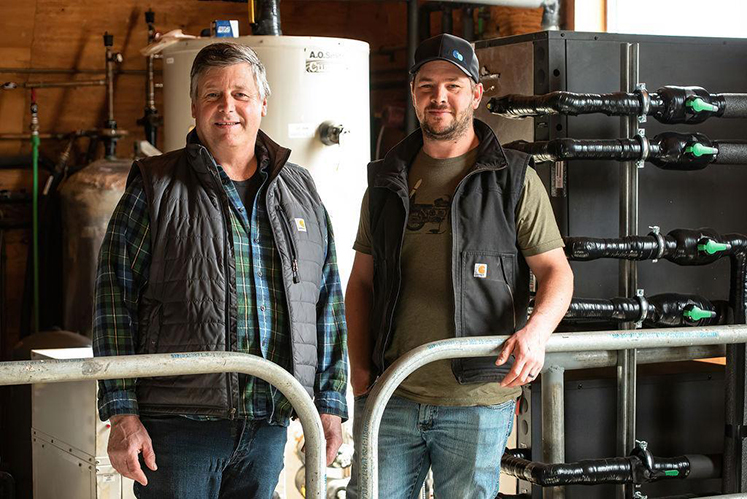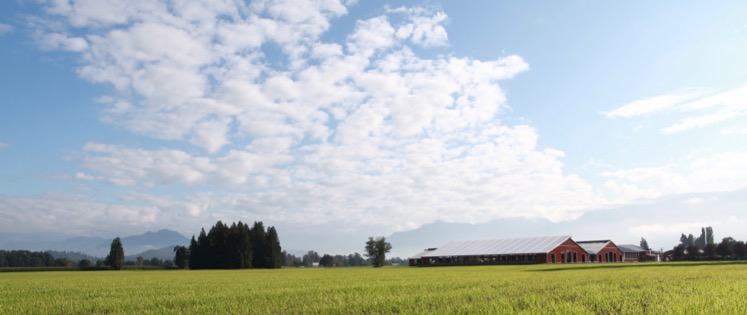Questions about raw milk? We have answers!
1. What is raw milk?
Raw milk is any milk (such as cow’s milk, goat’s milk, sheep’s milk) that is unpasteurized.
2. Where can I buy raw milk?
Because raw milk creates a high risk for developing or spreading illness, its sale in Canada is strictly prohibited and Food and Drug Regulations require that all milk available for sale in Canada be pasteurized. In addition, BC law specifies that dairy products cannot be sold or supplied unless the milk has been pasteurized.
3. I heard raw milk might be the healthier choice.
There is no evidence that raw milk has any health or nutritional benefits over pasteurized milk (1). In fact the opposite is true. Pasteurized milk is a much healthier choice because you can enjoy all the nutritional benefits of milk without the risk of getting seriously or fatally ill. Pasteurization does not affect the nutritional value of milk (1,2,3). Pasteurized milk has the additional health advantage of added vitamin D (raw milk contains virtually no vitamin D) (4).
4. I always drink raw milk and never get sick.
If you drink raw milk, you may be able to resist becoming ill, but members of your family and visitors to your house may not. Those who are especially at risk for becoming ill are young children, pregnant women, elderly people and anyone with a weak immune system (5).
5. But isn’t raw milk easier to digest?
Some people believe that raw milk is more digestible because it contains “live” enzymes and probiotics that can help with digestion. To date, there is no evidence showing that raw milk has a beneficial probiotic profile or is better tolerated by people with lactose intolerance (6). Enzymes that may be present in raw milk are broken down in the acidic environment of the stomach (1) and are not required for digestion(2,7).
6. Why is raw milk unsafe?
Like most uncooked, unpasteurized, and unwashed foods, raw milk can be a medium for disease-causing organisms (known as pathogens) such as E. coli, salmonella, tuberculosis, and listeria. Listeriosis can cause miscarriage in pregnant women. Many people across Canada, including people in British Columbia, got seriously ill as a result of drinking raw milk. While many of these cases occurred before 1991 when it became illegal to sell raw milk in Canada, cases of serious illness related to drinking raw milk are still reported today (8). This could be prevented by pasteurizing milk, just as one would wash vegetables and fruits, or cook meat to an appropriate temperature to reduce the risk of illness from pathogens.
Check out Real Raw Milk Facts
(1) Lucey JA. Raw milk consumption: Risks and benefits. Nutrition Today, 2015. 50(4):p.189-193.
(2) Claeys WL et al. Raw or heated cow milk consumption: Review of risks and benefits. Food Control, 2013. 31 (1): p. 251-262.
(3) Haddad GS and Loewenstein M. Effect of several heat treatments and frozen storage on thiamine, riboflavin, and ascorbic acid content of milk. J Dairy Sci, 1983. 66(8): p. 1601–6.
(4) Vitamins A and D are added to milk in accordance with Health Canada’s Food and Drug Act. Vitamin D enhances the absorption of calcium and improves the overall vitamin D status of Canadians. Low fat milk has some of the fat-soluble vitamin A removed when the fat is skimmed and therefore, vitamin A is added to low fat and skim milk to ensure a consistent level of vitamin A in all milk.
(5) Committee on infectious diseases and committee on nutrition. Consumption of Raw or Unpasteurized Milk and Milk Products by Pregnant Women and Children. Pediatrics, 2013. 133(1): p. 175-179.
(6) Mummah S, Oelrich B, Hope J, et al. Effects of raw milk on lactose intolerance: a randomized controlled pilot study. Annals of Family Medicine, 2014. 12:123-141.
(7) Potter ME et al. Unpasteurized milk. The hazards of a health fetish. JAMA, 1984. 252(15): p. 2048-52.
(8) Kansas State University, Raw Milk Outbreak Summary, International Food Safety Network. Online at http://www.bccdc.ca/NR/rdonlyres/628544F1-0533-48E8-9C96-8391952BEF96/0/RawMilkOutbreakTable2000_2012.pdf accessed Oct 20, 2014


